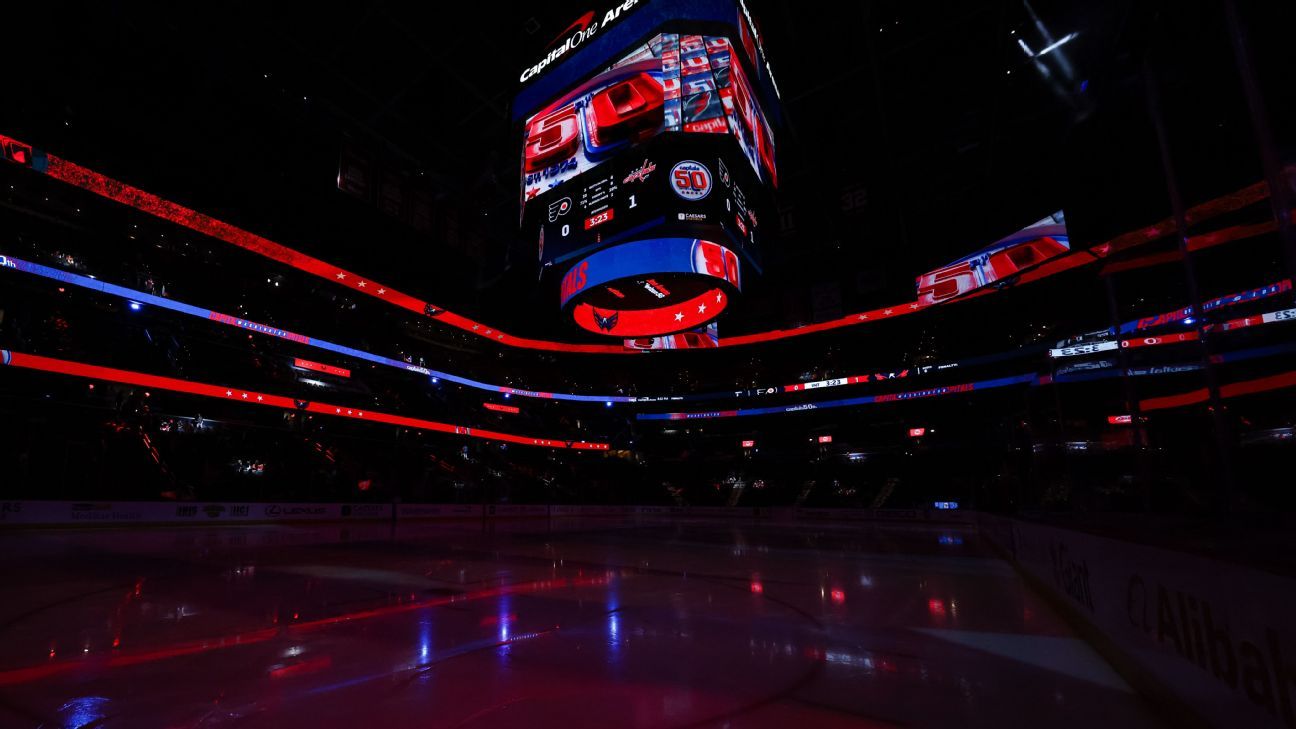The issue is that the volume of people giving "free money" to the teams by being a monthly subscriber to a cable network regardless of if they watch it is just dwindling in the streaming era and no longer enough money for the RSNs to pay the rights fees they used to.
Going OTA means more people can watch you, so the idea is that you can offset the loss of non-watching subscriber customers by creating more fans (Like Scomerica said).
I find the move to OTA that several teams have done to be interesting. Are these stations paying as much as the RSN were paying? Do they get a cut of the commercial sales.
I always thought it was odd why the teams played on cable when I was younger. Where I lived as a kid in Staten Island, they were not able to get cable until around 1988 (we moved summer of 86). At the time, Mets games were on WOR, Yanks on WPIX. Rangers, Knicks were on WOR on occasion beginning around 84 until 89 as the overflow channel for MSG. After 89, Family Channel became the overflow. Do not recall ever watching Isles, Devils, or Nets on WOR. Just never understood why the teams wanted to set it up so 1/2 (in some cases more) of the fanbase could not watch the games. Or, (doubtful) was it the OTA networks werent all that interested?
Your experience growing up was similar to mine. The Islanders (whom you didn't watch I assume, as a Rangers fan) were on SportsChannel, which had half the Mets games.
WOR and WPIX were OTA and independent. So they were carried all over the state. I actually got the Mets/Islanders in Rochester (7 hours away), but not the Sabres (1 hour away) until 1995.
All the teams went to cable in the 1990s and stayed on cable until around now is simply because cable was more lucrative both from the dollars being offered (subscriber fees and ad fees vs just ad fees).
But the carriage was just like crazy high compared to now because cable was just cheaper back in the day. I remember my very frugal mom being outraged that my dad wanted to spend $13 a month for cable including HBO! That $13 in 1985 is equal to $38 in 2024 dollars.
When I cut cable two years ago, I was spending $233 a month with HBO. That's the equivalent of $86 when my mom was balking at $13.
aka cable TV is just 6-7 times more expensive to subscribe to than it was when cable TV ushered in the sports as media business era in the late 80s. Thus millions have cancelled it and the RSN subscriber dollars is a well that's run dry for sports teams.

